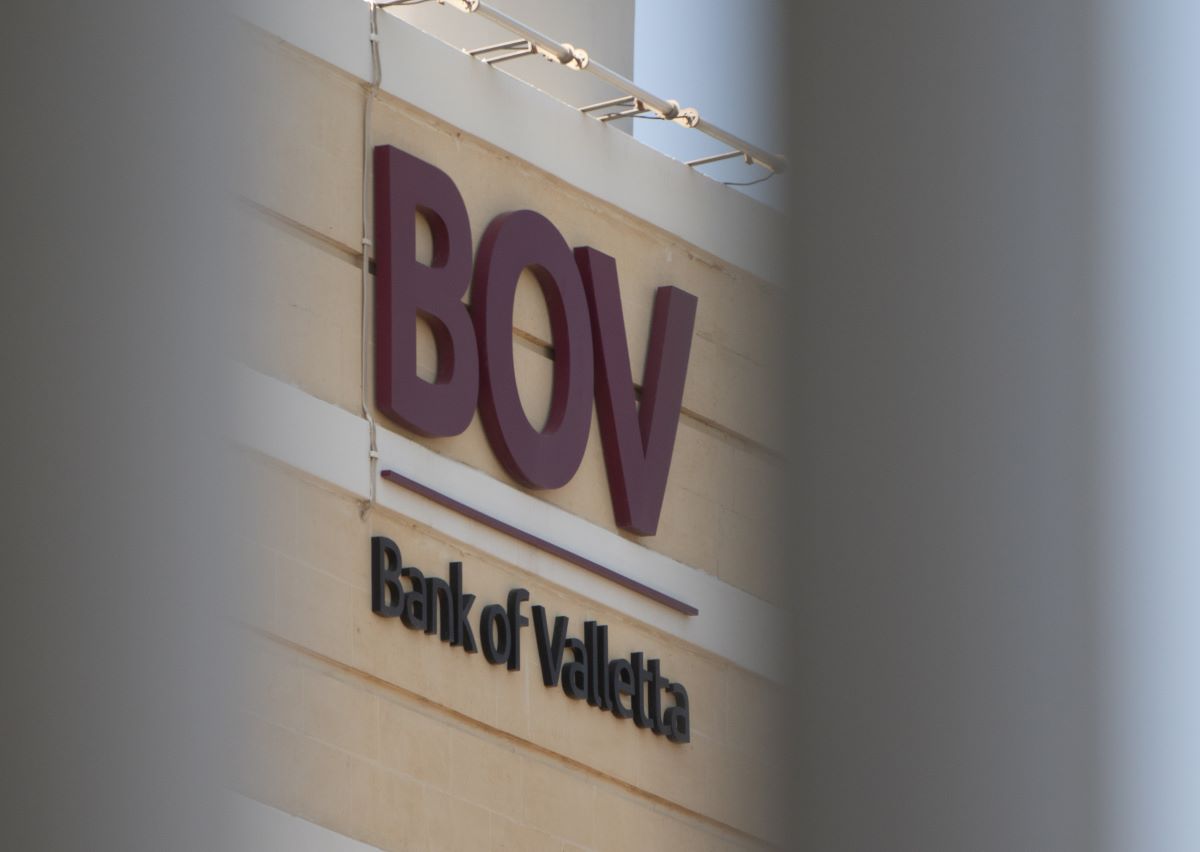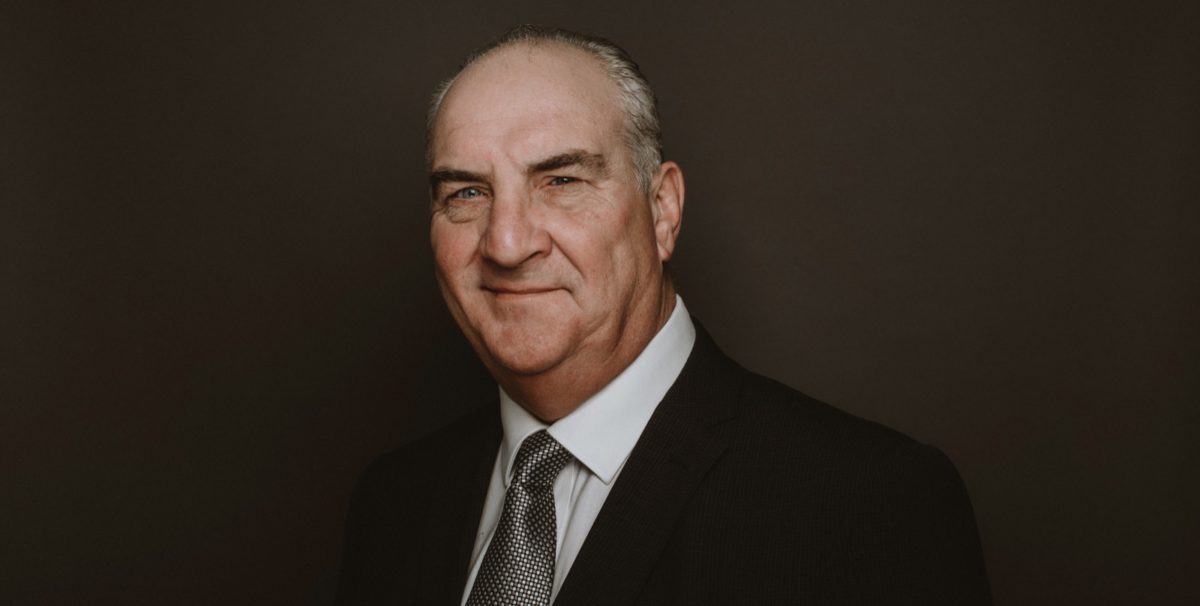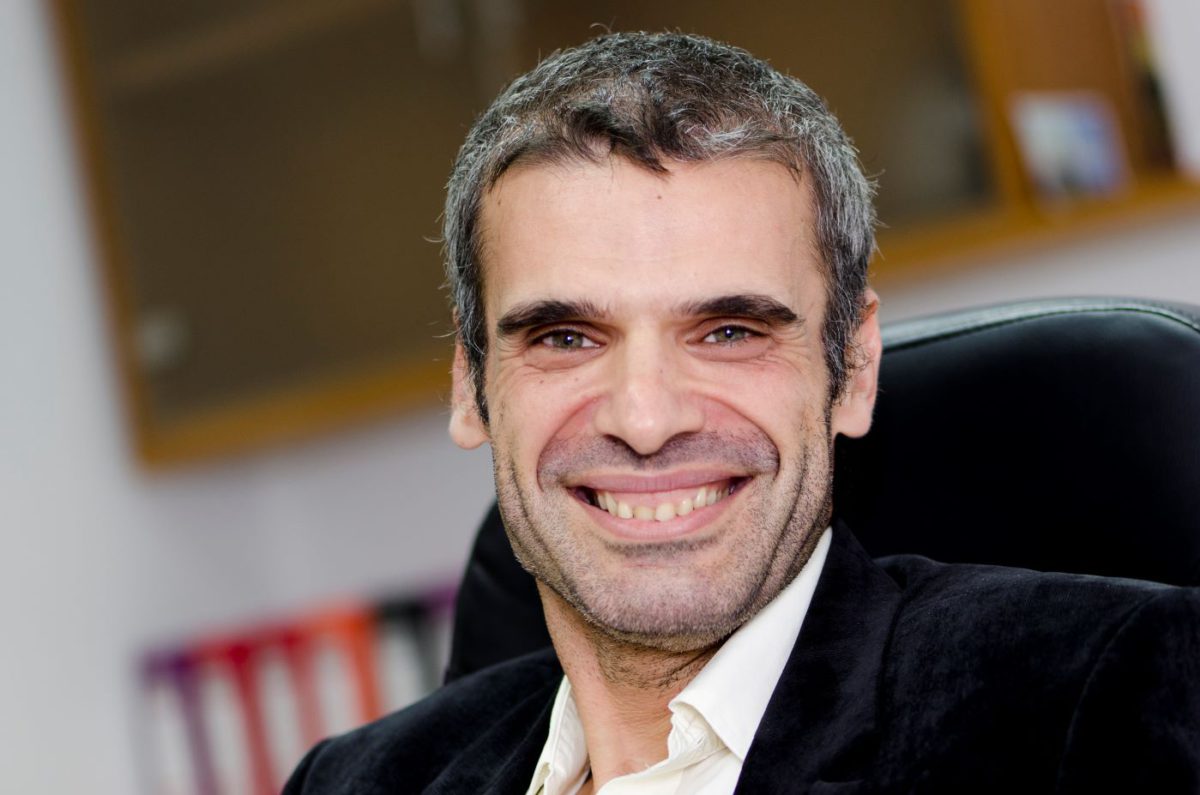Bank of Valletta is in flux. As the largest bank in a greylisted financial jurisdiction, it is under intense scrutiny to present a social face while tightening up its compliance mechanisms, a task that does not come without challenges for the country’s business community.
At its helm is CEO Rick Hunkin, a former Northern Rock executive and the first foreign executive in the bank’s history.
Tasked with overseeing rapid transformation, his management style is reported to have caused internal tensions. Meanwhile, lucrative consultancies handed out to contacts of Mr Hunkin raised eyebrows among shareholders.
When news broke that the bank had launched a search for Mr Hunkin’s successor, a full year before his contract runs out, it looked as if these issues had boiled over.
However, at a press briefing to “clarify certain aspects of the media attention on the succession process with respect to the CEO position”, Gordon Cordina, an eminent economist and chair of the bank’s board of directors, said it is “normal corporate procedure in any company of similar size and structure” to initiate succession plans at an early stage.

He pointed to the constraints presented by an overheated labour market, the stringent requirements put forward by regulators, and the time required for regulatory approval of any nomination, which can take between three and four months.
“Keeping in mind that there should be a handover to ensure continuity, it was only prudent to kick-off the process when we did.”
Dr Cordina explained that he meets Mr Hunkin on a weekly basis, and during one such meeting they decided that it is in the mutual interests of the bank and the CEO to begin an early succession process.
“There is always an element of subjectivity in decision making”
Early in December, news broke that BOV is paying consultants €11,500 a day. Several of these consultants have previous relationships with Mr Hunkin, which raised concern among the bank’s shareholders.
While acknowledging that this also raised eyebrows internally, Dr Cordina defended the spending, saying: “Such expenditure is seen by many pairs of eyes, both before and after it is spent.”
The consultancies will also be assessed upon their conclusion, and while this will be an internal procedure, external auditors may also flag issues.

However, he also noted that, in the normal course of business, not every investment is a success.
He added that there is always health debate on how resources are managed, and there remains an element of subjectivity in decisions. “Otherwise we can just input the information on a computer and let it make decisions for us.”
“We started from a low point”
The bank’s aggressive transformation started in 2019, when international news agency Reuters reported that the ECB had found BOV “sorely lacking” in a number of very important and material respects. Systems therefore had to be brought up to the stringent compliance requirements expected of it.
“I am glad to say that the bank has made progress over the last years. There have been big changes, especially in the compliance culture, which increased costs but also laid the foundation for digitalisation to provide a better experience for customers and employees.
“Employees are under great stress”
In a WhosWho.mt interview last month, Dr Cordina poured praise on BOV staff, and highlighted the deep relationship many of them have with the bank.
“They have worked very hard over the last years to address the shortcomings found by regulators,” he said. “The social reputation of many people working at the bank is intrinsically tied to the bank’s reputation. They’re tired of seeing it dragged through the mud. Butwe have to see that as a strength. There’s a strong sense of team spirit. For our people, the difficulties we are going through are personal. They are strongly invested in BOV as a way of working and feeling.”

Addressing the matter further, he highlights the “large stresses” being felt by the bank’s employees.
“The pressure from the regulator is constant, and the greylisting just added to it. Competition from other financial institutions has also increased in the last years. Then the COVID-19 pandemic made an already challenging situation even more difficult – from making the shift to work-from-home to all the temporary branch closures due to quarantine.
“Our credit requirements increased too, as BOV handled the majority of the COVID loan measures.”
Like other systemically important banks, BOV is under the direct purview of the European Central Bank (ECB), which subjects it to intense scrutiny. Dr Cordina notes that the bank is required to adhere to the strictest requirements, jut like much larger European banks. “This means our employees to work harder to meet demands designed for those with more resources.”
In view of all this, Dr Cordina is at pains to ensure that their efforts are recognised and appreciated.
“No hint of crime”
In December 2021 (last month), the Malta’s Financial Intelligence Analysis Unit slapped BOV with a €2.6 million fine for having incomplete or no information on over 2,000 corporate customers. It stated that the bank was “essentially unaware whom it was ultimately servicing”.
BOV has accepted the FIAU’s decision and paid the fine in full, but Dr Cordina would rather focus on the positive aspects emerging from the agency’s report.
“The FIAU acknowledged the significant progress achieved by BOV, although some areas require more attention,” he said. “Most importantly, there is no hint of crime being committed. Yes, there were shortcomings in administrative aspects, which were fixed within a month of being found. But again, that just shows that the bank is not a finished product.”
“Progress and problems go beyond any one person”
In September 2021, the Chamber of SMEs heavily criticised Malta’s “adverse” banking environment, saying saying that the restrictions, delays and fees faced by small businesses are making it impossible to operate.
While not specifically directed at BOV, as the country’s “bank of first and last resort”, as Dr Cordina dubs it, the criticism must have been felt.
Similarly, despite attempts to make Malta a “Blockchain Island”, many crypto start-ups reported difficulties in opening bank accounts, an experience also shared by many expats.
Asked about pressure from industry and SMEs due to the bank’s tightening of various processes, making it harder to access credit, Dr Cordina said this had nothing to do with Mr Hunkin, but was a necessity to meet the regulator’s requirements.
“The cultural aspect is also there, and yes, it may have led to stresses. What I can say is that certain styles work in certain contexts and not in others.”
However, he was clear that any progress and problems in the bank “go beyond any one person”.
“Someone sensitive to the bank’s requirements for transformation”
Any prospective candidate to succeed Mr Hunkin needs to meet the regulator’s expectations, including long experience in the banking sector at a sufficiently senior level and within different aspects of the industry.
“International experience is also good to have, but not necessary,” said Dr Cordina.
Perhaps most importantly, the new CEO must be sensitive to the current situation of the bank and to its requirements for transformation: “Our regulatory requirements, and our bandwidth, our means to reach them, need to be taken into account.”
They must also have a commitment to risk management, especially in terms of anti-money laundering and counter financing of terrorism, be of reputation and standing, and be skilled in cohesively managing the executive team.
With over 2,000 employees and a network of over 40 branches across Malta and Gozo, more than the combined footprint of BOV’s rivals, the responsibility will be a heavy one.
Dr Cordina was nonetheless confident that the best possible candidate will be found.
“We are in a better position than we were two years ago. Our de-risking process has progressed significantly, we continue launching new products, and the succession process is now underway, laying the foundations for the coming years.”
“Bank of Valletta is steady as she goes,” he concluded. “The prospects are bright.”
Government introduces mandatory physical inspection for vintage vehicle classification
From 1st September 2025, vehicles seeking vintage status must undergo a physical inspection by the official classification committee
Local filmmakers paid just €250 to screen at Mediterrane Film
The figure stands in stark contrast to the estimated €5 million total spend
Malta International Airport closes in on one million passengers in June
Meanwhile, aircraft traffic movement rose by 4.5 per cent year on year






